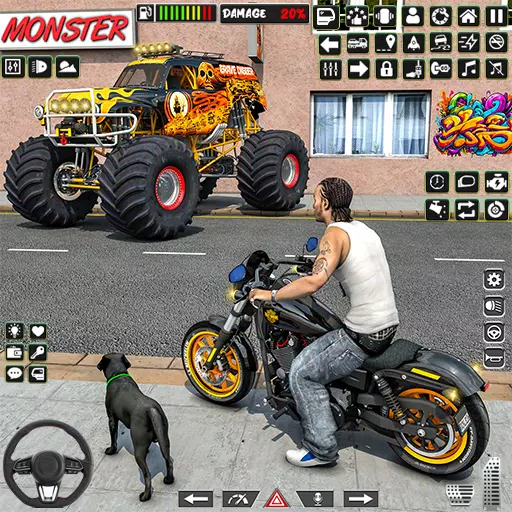With Monster Hunter Wilds breaking Steam records and Resident Evil enjoying a resurgence in popularity thanks to Village and a series of stellar remakes, Capcom appears to be on an unstoppable winning streak. However, this wasn't always the case. Less than a decade ago, following a string of critical and commercial flops, Capcom was struggling to maintain its foothold in the gaming industry. The company had lost both its direction and its audience, grappling with an identity crisis that threatened its future.
Capcom's flagship series, Resident Evil, which had pioneered the survival horror genre, had lost its edge after the success of Resident Evil 4. Similarly, Street Fighter, another cornerstone of Capcom's portfolio, was struggling to recover from the lukewarm reception of Street Fighter 5. These challenges posed a significant risk to Capcom's survival, but a transformative shift in development strategies and the adoption of a powerful new game engine marked the beginning of a remarkable turnaround.
Resident Evil Lost Its Way
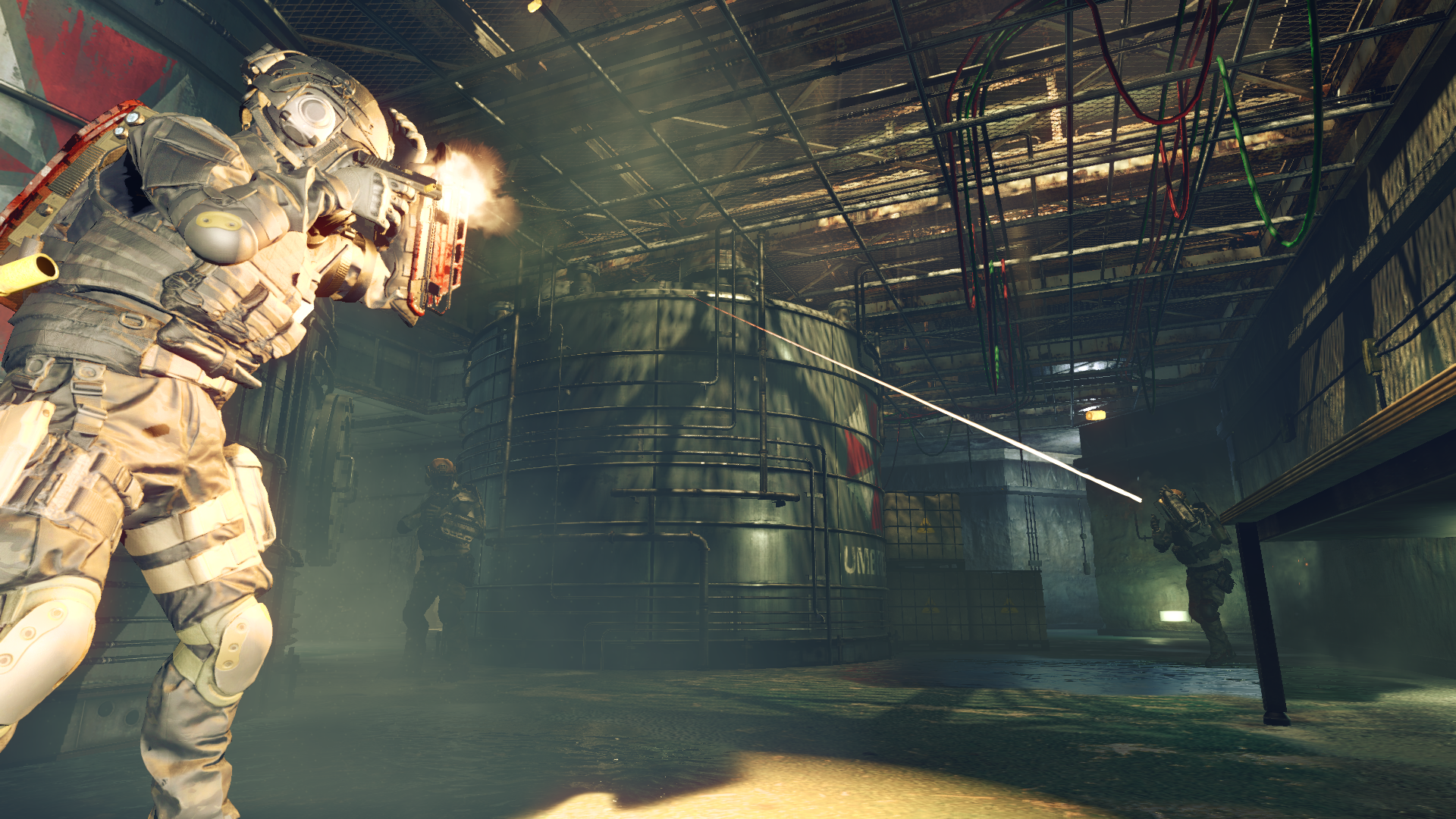
2016 was a challenging year for Capcom. The release of Resident Evil's Umbrella Corps, an online co-op shooter, was met with harsh criticism from reviewers and fans alike. Meanwhile, Street Fighter 5 received a tepid response from the community, with many questioning its quality as a sequel to the beloved Street Fighter 4. Additionally, Dead Rising 4, featuring the return of Frank West, marked the end of new entries in the series.
This period represented the culmination of several difficult years for Capcom since 2010. The mainline Resident Evil games were experiencing a decline in critical reception, despite robust sales. Street Fighter was struggling, and other key franchises like Devil May Cry were absent from the scene. While Monster Hunter was incredibly popular in Japan, it struggled to gain traction internationally.
"Many of us started feeling that what the fans and players wanted from the series was getting a little bit separate from what we were making," reflects the sentiment at Capcom during this time. This is a stark contrast to the Capcom we see today, a company that has consistently delivered successful games since 2017, including Monster Hunter World, Devil May Cry 5, Street Fighter 6, and several critically acclaimed Resident Evil remakes and a soft reboot.
Capcom's revival wasn't just about learning from past mistakes; it involved a complete overhaul of their strategy, targeting new players and leveraging advanced technology. IGN interviewed four of Capcom's leading creatives to understand how the company managed to recover and thrive.
Founded in 1979, Capcom initially focused on electronic game machines, gaining prominence in the 80s and 90s with 2D games like Street Fighter and Mega Man. The successful transition to 3D gaming with titles like Resident Evil in the early 2000s showcased the company's adaptability, culminating in the iconic Resident Evil 4 in 2005.
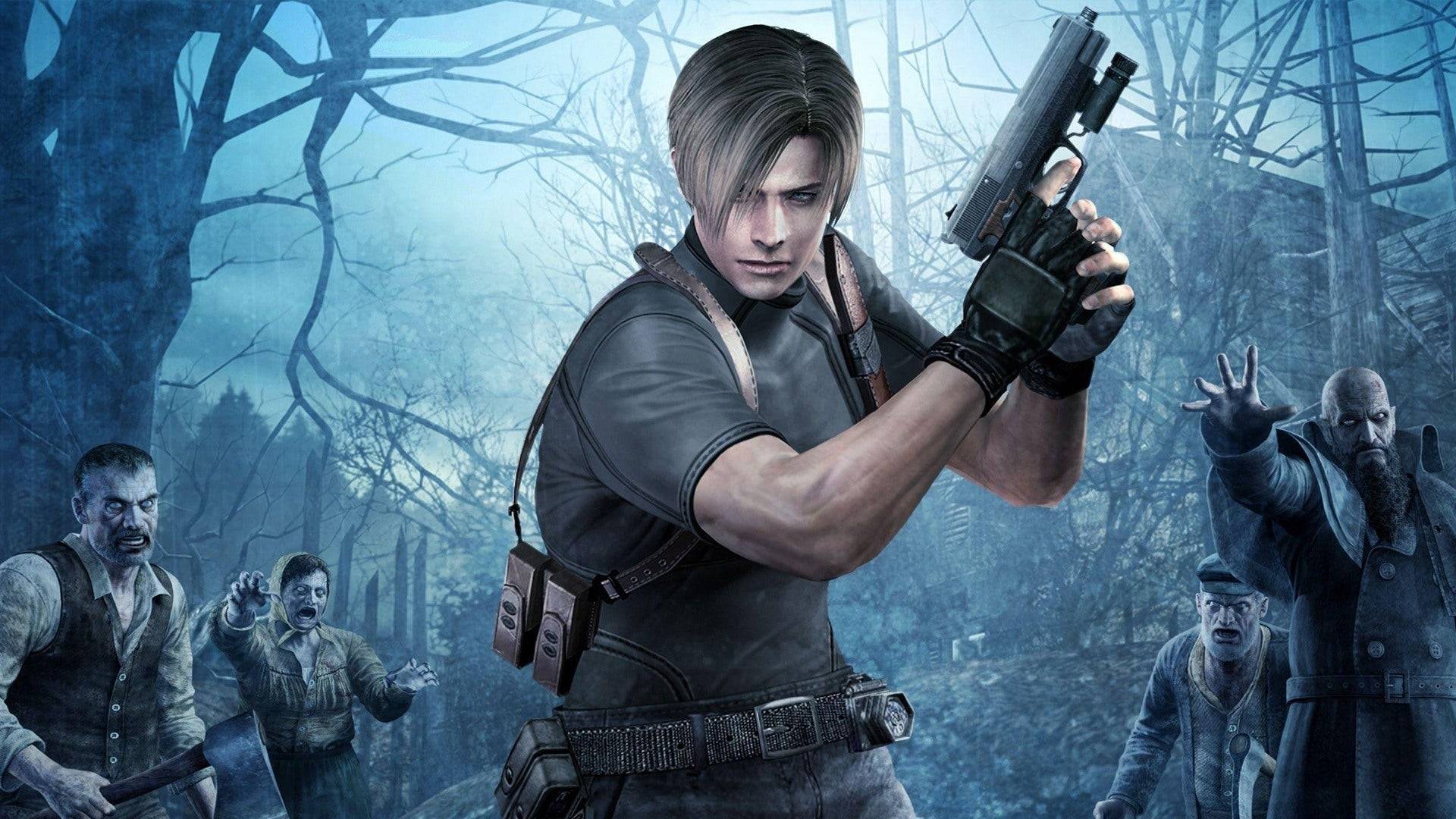
Resident Evil 4 is often hailed as a masterpiece for blending horror and action elements, inspired by classics like Friday the 13th and H.P. Lovecraft. However, subsequent games struggled to maintain this balance. Resident Evil 5 shifted towards more action-oriented gameplay, which alienated some fans. By 2012, Resident Evil 6 attempted to cater to both action and horror fans with mixed results, leading to dissatisfaction among players.
This decline was not limited to the Resident Evil series. Street Fighter 4 was a massive success, but its sequel, Street Fighter 5, launched in 2016 with significant issues, including a lack of single-player content and poor online functionality. Other key franchises like Devil May Cry faced similar challenges, with the series being outsourced to Ninja Theory for DmC: Devil May Cry, which received a mixed reception.
Capcom's attempts to appeal to Western markets with titles like Lost Planet and Asura's Wrath also fell short, with only Dragon's Dogma standing out as a bright spot. It was clear that a major change was necessary to steer the company back on course.
Street Fighter 5, The Lost Cause
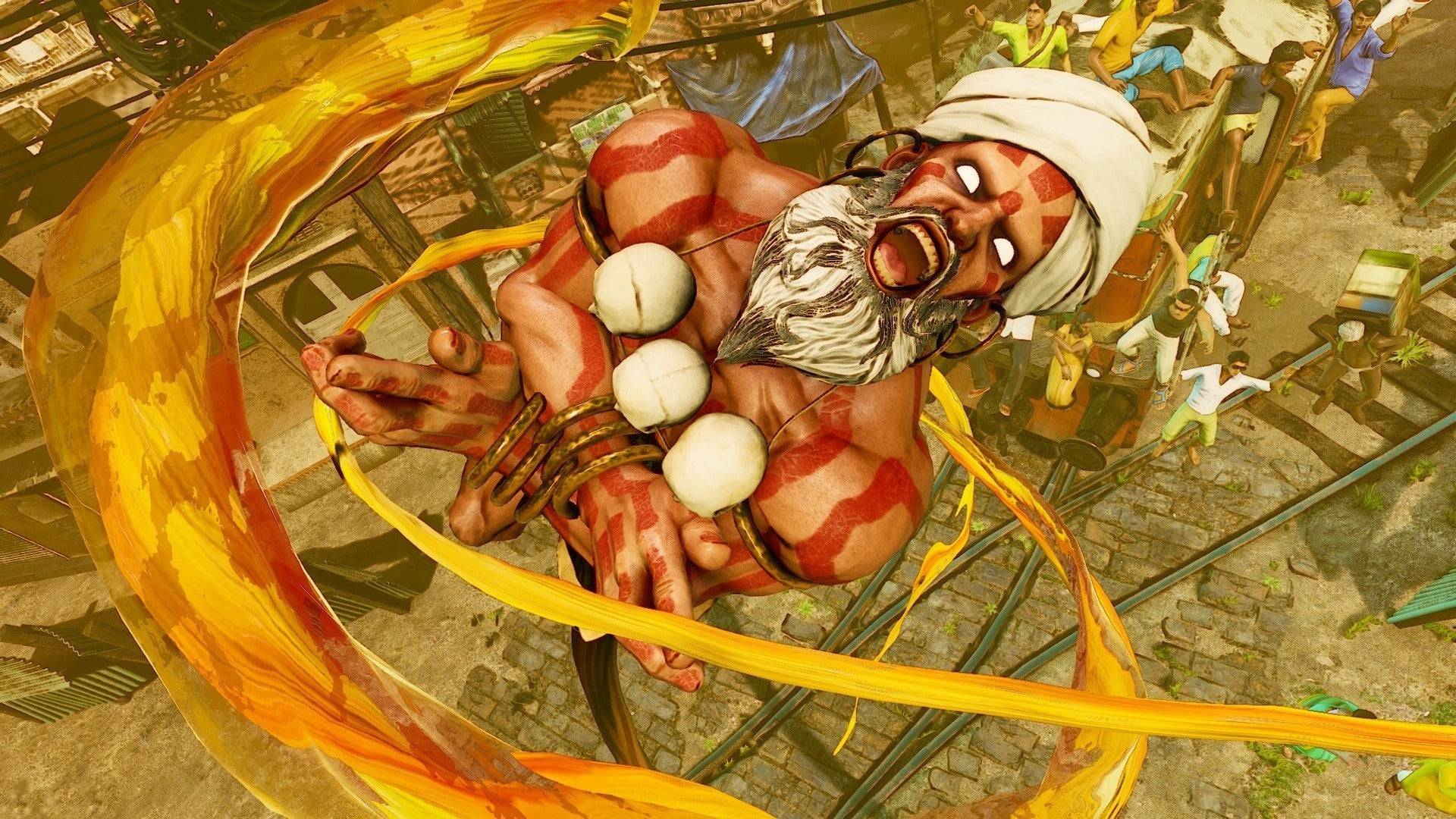
By the mid-2010s, Capcom began implementing strategic changes to reverse its fortunes. The first step was to address the issues with Street Fighter 5. Directors Takayuki Nakayama and producer Shuhei Matsumoto were tasked with stabilizing the game.
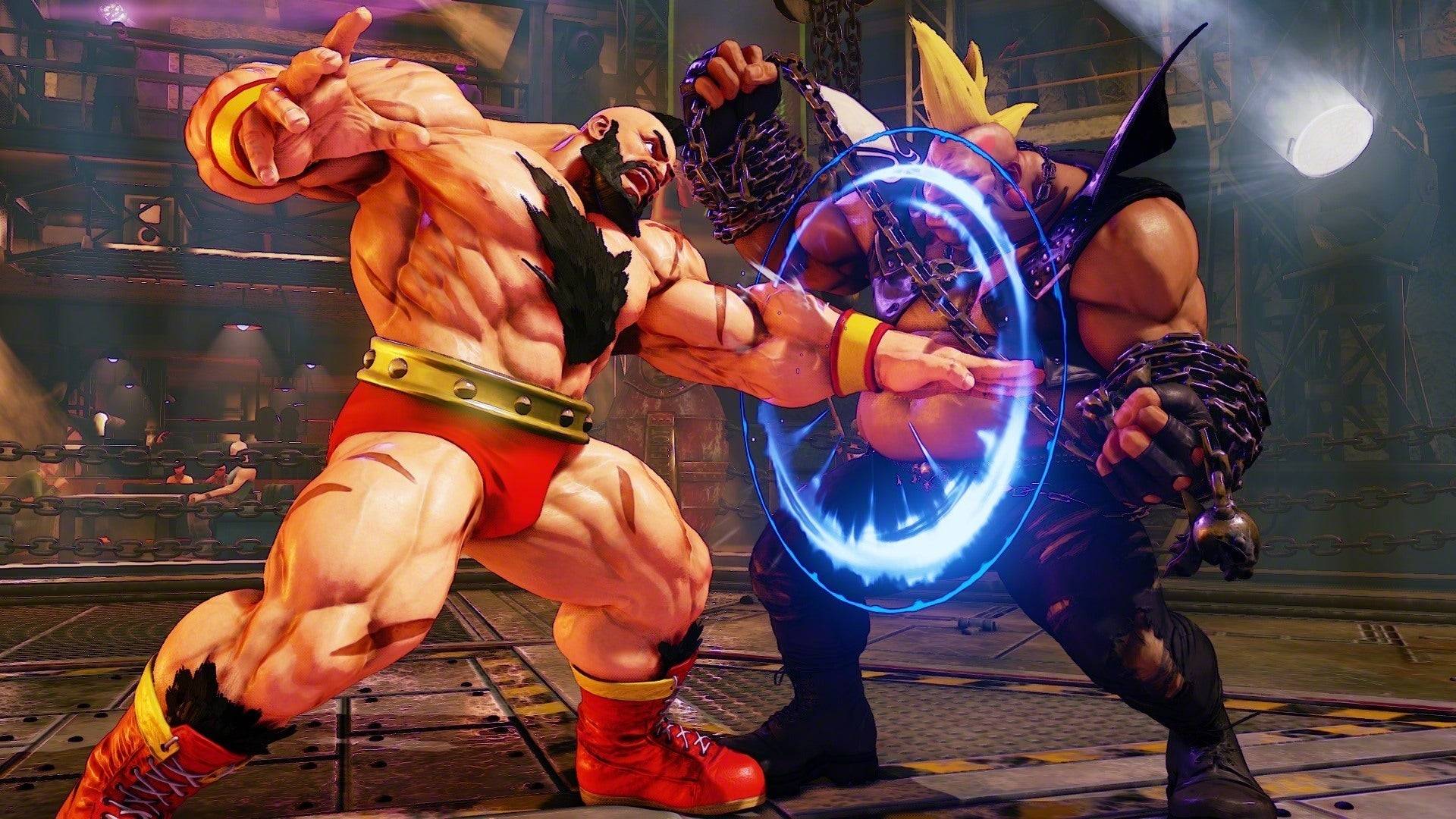
Despite the constraints they faced, Nakayama and Matsumoto focused on fixing the game's most pressing issues, setting the stage for future improvements. They used Street Fighter 5 as a testing ground for new ideas, which ultimately informed the development of Street Fighter 6. This approach allowed Capcom to refine the game's mechanics and netcode, introducing new characters and gameplay features like V-Triggers and V-Shift.
Their goal was to rediscover the fun in fighting games, making them enjoyable for both new and veteran players. Street Fighter 6, released in 2023, was a direct result of these efforts and was met with widespread critical acclaim.
To prevent future missteps, Capcom made significant changes behind the scenes, including a reorganization and the adoption of the new RE Engine. This engine, which replaced the aging MT Framework, allowed for more efficient development and higher visual fidelity, enabling Capcom to create games that appealed to a global audience.
Monster Hunter Took Over The World
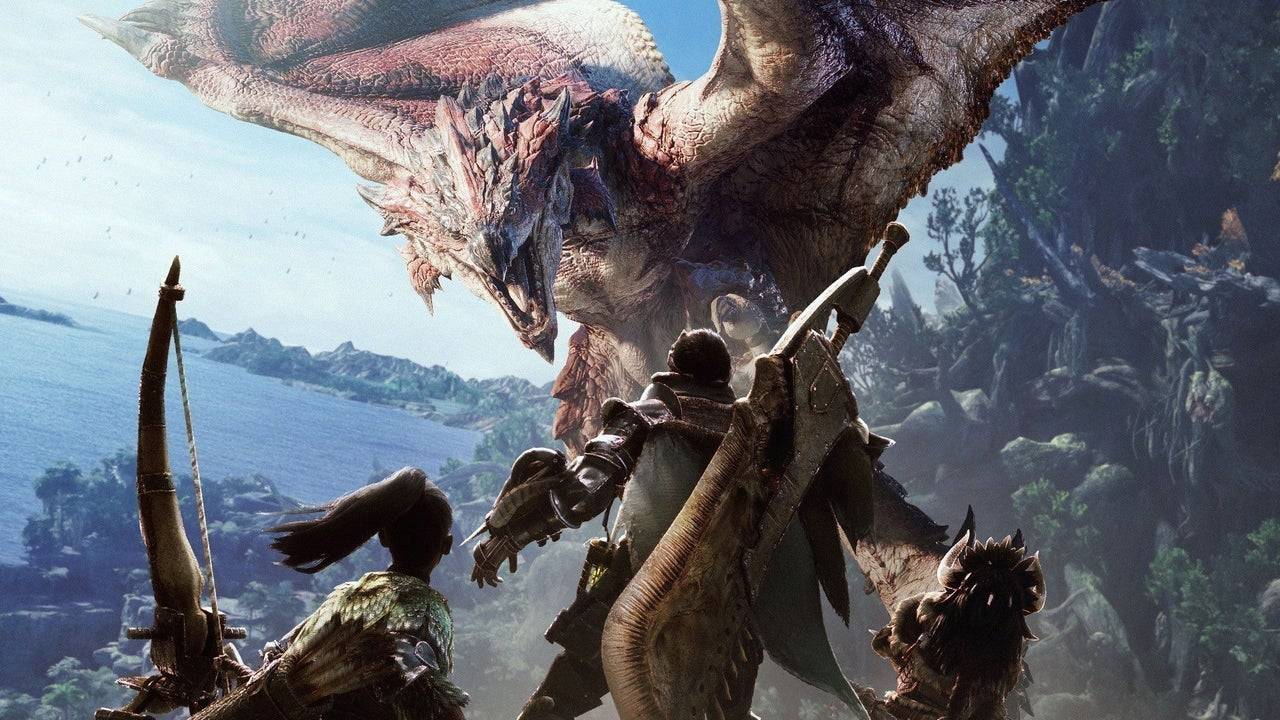
Around the time of Street Fighter 5's launch, Capcom underwent a significant internal reorganization to prepare for a new generation of games using the RE Engine. This shift was not just about technology but also about creating games that appealed to a global audience. Hideaki Itsuno, known for his work on Devil May Cry, emphasized the importance of this goal.
Previously, Capcom had focused heavily on capturing the Western market with action-heavy titles like Resident Evil 4 and spinoffs like Umbrella Corps, but these efforts were not successful. The company realized the need to create games that appealed universally, leading to a focus on global appeal with titles like Monster Hunter: World.
Monster Hunter had been primarily successful in Japan, largely due to the popularity of handheld consoles. However, with Monster Hunter: World, Capcom aimed to expand its reach globally by releasing the game simultaneously worldwide and ensuring no region-specific exclusives. This approach, coupled with extensive global playtesting, resulted in the game's massive success, selling over 20 million copies.
The series continued this trend with Monster Hunter Rise and the latest installment, Monster Hunter Wilds, focusing on refining the game's accessibility while maintaining its core appeal.
Resident Evil 7 Began Turning Things Around
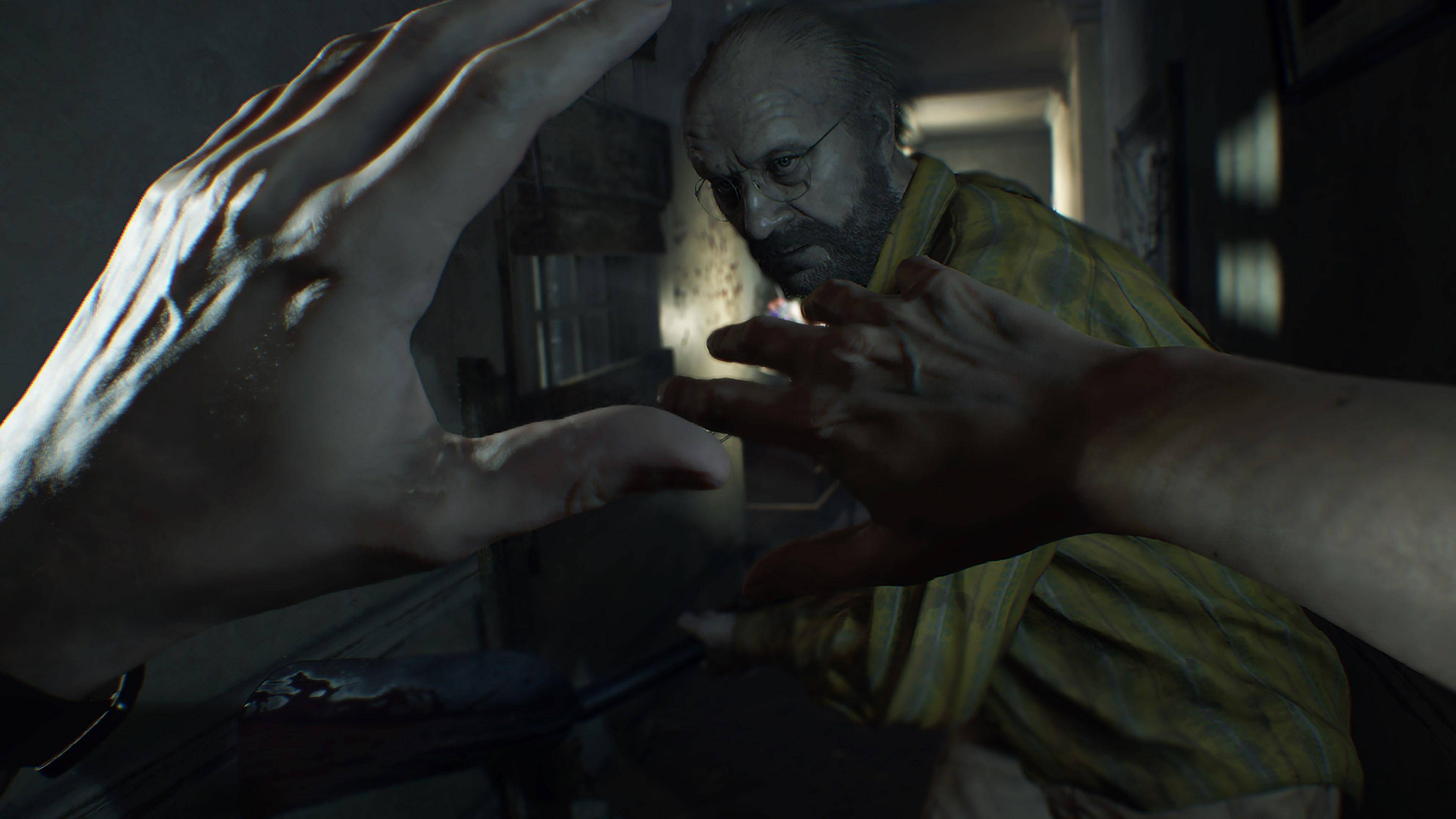
For Resident Evil, the challenge was to decide between its action and survival horror roots. Under the guidance of executive producer Jun Takeuchi, the series returned to its survival horror origins with Resident Evil 7, which was announced at E3 2016 and released in first-person perspective. This shift back to horror was a resounding success, revitalizing the franchise with its terrifying atmosphere.
While Resident Evil 7 and 8 maintained a first-person perspective, Capcom also released third-person remakes, starting with Resident Evil 2. These remakes were incredibly well-received, with the Resident Evil 2 remake becoming one of the best-selling games in the series. The success continued with the remakes of Resident Evil 3 and Resident Evil 4, the latter of which was initially approached with caution due to its beloved status.
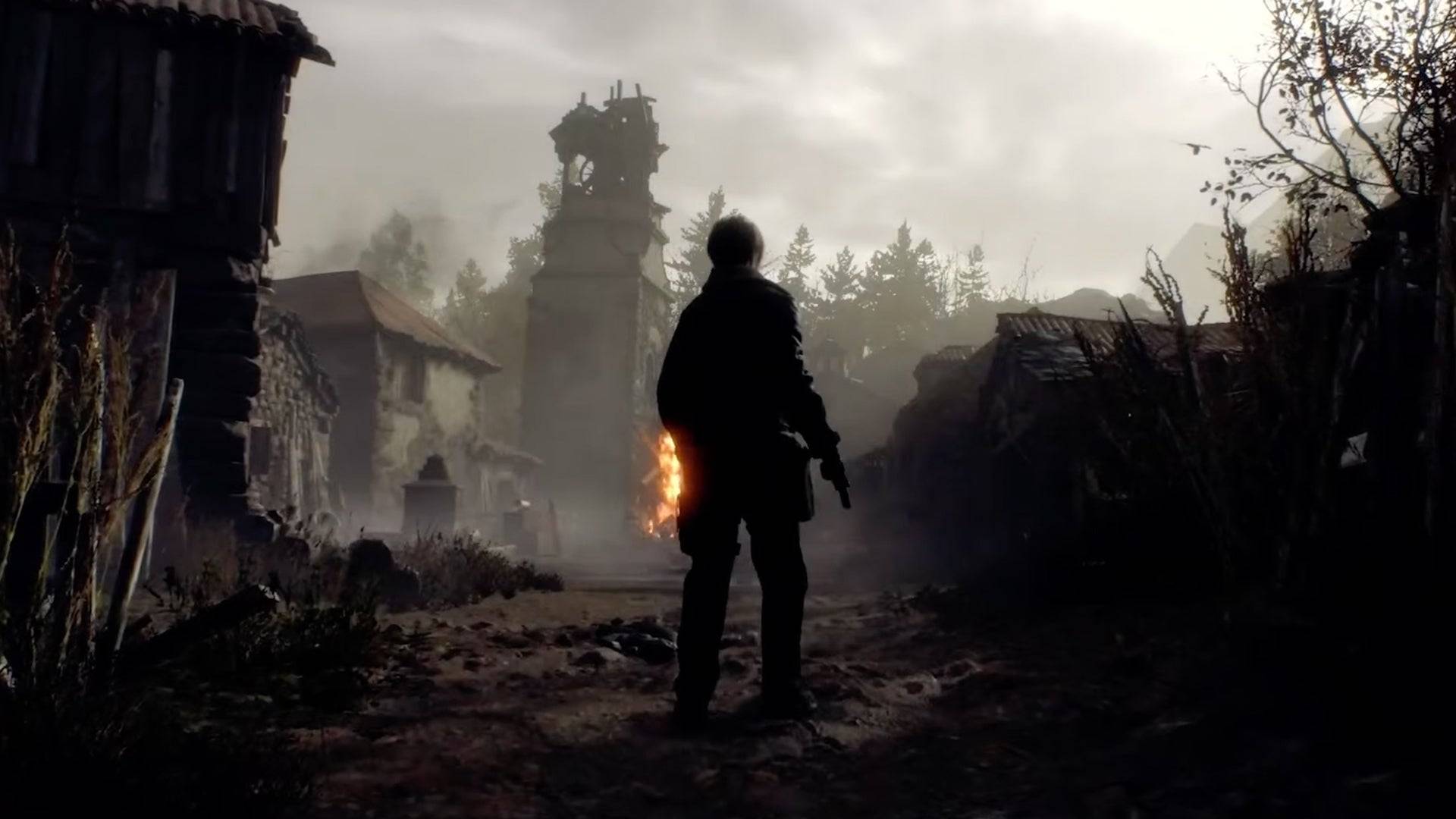
Meanwhile, Devil May Cry director Hideaki Itsuno returned to the series with Devil May Cry 5, aiming to reinvigorate the action genre. Leveraging the RE Engine, Itsuno focused on creating a game that was both visually stunning and mechanically engaging, drawing from a lifetime of influences to craft an experience that epitomized "cool."
The Reason Behind The Change
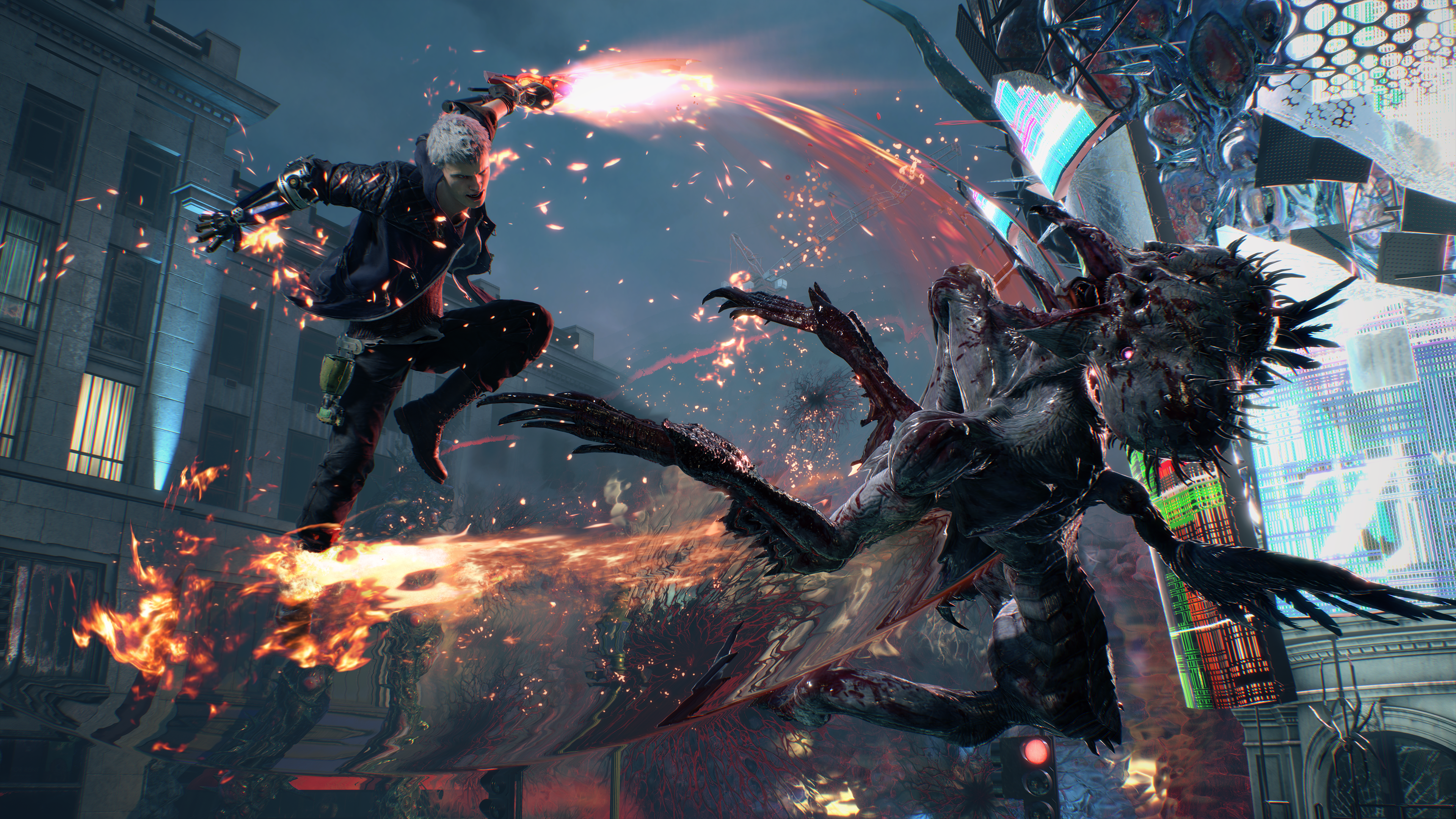
Itsuno's vision was to challenge the softening trend in action games, creating a game that was demanding yet rewarding. The RE Engine's capabilities allowed for rapid iteration and high-quality visuals, enabling Itsuno to achieve his goal of making the "coolest" action game possible.
A New Capcom Golden Age
Since 2017, Capcom has consistently released critically acclaimed games, a feat that sets it apart from other major studios struggling with consistency. This success is attributed to a focus on creating globally appealing games using the advanced RE Engine, which has allowed Capcom to seamlessly transition between various genres.
Capcom's commitment to maintaining the unique identities of its franchises while expanding their reach has resulted in a new golden age. Directors like Nakayama and Tsujimoto acknowledge this era, expressing excitement and determination to sustain it. As Capcom continues to innovate and deliver high-quality games, its future looks brighter than ever.








![NighTly Ritual – New Version 2.0 [Okyo]](https://images.51ycg.com/uploads/55/1719595294667ef11ef4096.jpg)

